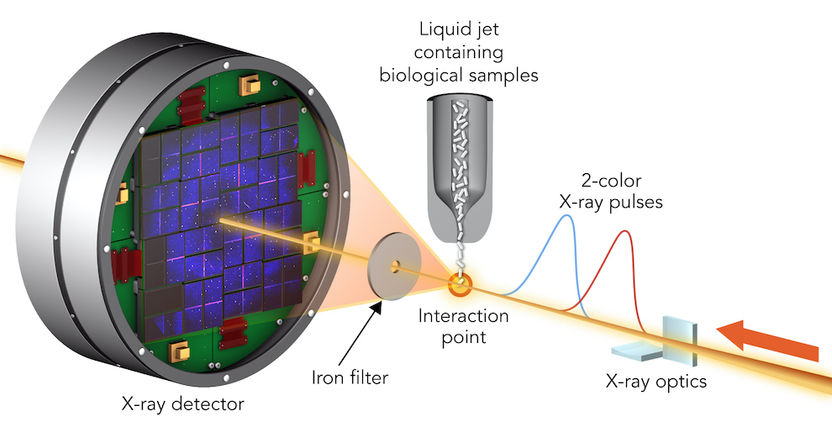Vancomycin dimers are effective against vancomycin-resistant bacteria
Scientists in Japan have revealed how antibiotic vancomycin dimers are effective against vancomycin-resistant bacteria. Vancomycin, a glycopeptide antibiotic, is used to treat bacterial infections in cases when other antibiotics are ineffective. However, the development of vancomycin resistant enterococci (VRE) and vancomycin-resistant Staphylococcus aureus (VRSA) means researchers are turning to different forms of vancomycin to improve its efficacy.
Hirokazu Arimoto and colleagues previously showed that vancomycin dimers displayed excellent antibacterial activity against vancomycin-resistant bacteria but until now it’s not been known how the dimers actually interact with the bacteria.
To study the mode of action on vancomycin-resistant bacteria, differently linked vancomycin derivatives, including carboxyl terminus linked dimers and vancosamine terminus linked dimers, were investigated using an in vitro cell wall synthesis assay previously developed by the team. The assay showed that the dimers were inhibiting the polymerisation step of the peptidoglycan synthesis in the bacterial cell wall, indicating that the dimers have a different mechanism of action.
Original publication
O Yoshida, J Nakamura, H Yamashiro, K Miura, S Hayashi, K Umetsu, S Xu, H Maki and H Arimoto, Med. Chem. Comm., 2011.
Original publication
O Yoshida, J Nakamura, H Yamashiro, K Miura, S Hayashi, K Umetsu, S Xu, H Maki and H Arimoto, Med. Chem. Comm., 2011.
Organizations
Other news from the department science

Get the life science industry in your inbox
By submitting this form you agree that LUMITOS AG will send you the newsletter(s) selected above by email. Your data will not be passed on to third parties. Your data will be stored and processed in accordance with our data protection regulations. LUMITOS may contact you by email for the purpose of advertising or market and opinion surveys. You can revoke your consent at any time without giving reasons to LUMITOS AG, Ernst-Augustin-Str. 2, 12489 Berlin, Germany or by e-mail at revoke@lumitos.com with effect for the future. In addition, each email contains a link to unsubscribe from the corresponding newsletter.
Most read news
More news from our other portals
Last viewed contents
Family_therapy
Insights into the effects of zinc deficiency

Evotec provides update on financial impact of cyber-attack - Productivity was affected throughout the entire second quarter
New insights into mechanisms of breast cancer development and resistance to therapy

Mesa Labs Acquires Belyntic’s Peptide Purification Business
Sigma-Aldrich Takes Over Global Distribution for BASF Pharma Excipients in Small Pack Sizes
Galapagos' affiliate BioFocus extends collaboration with Chiesi

Quantum Genomics SAS - Paris, France
M's Science and Eisai Sign Option Agreement for Sigma Agonist SA4503

BaySpec, Inc. - Fremont, USA


















































